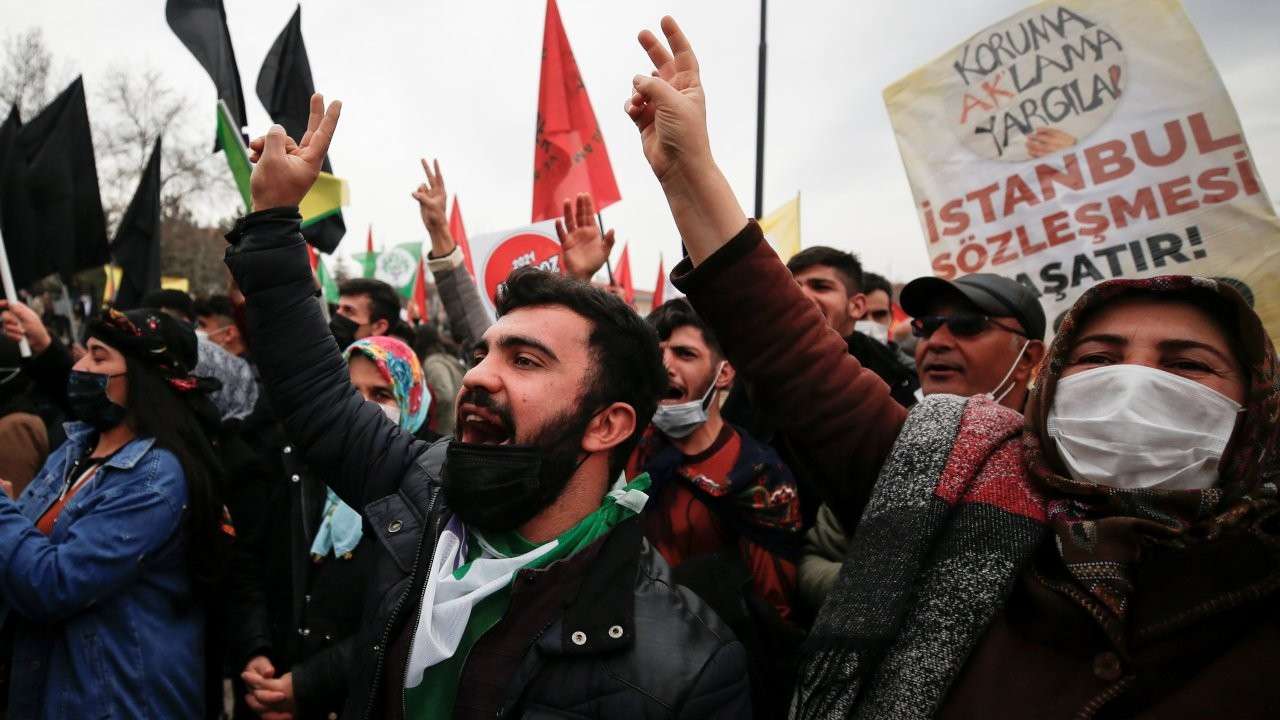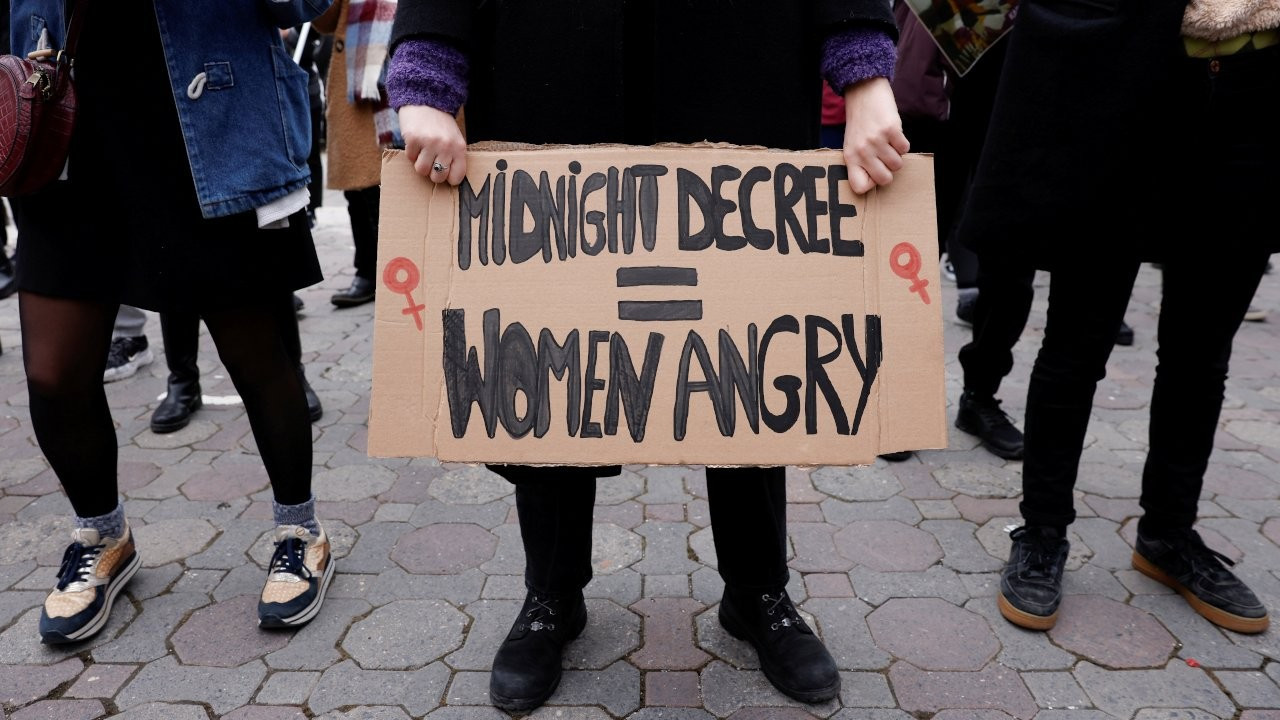Crackdown on HDP, withdrawal from Istanbul Convention taking Turkey out of European path, EU's Borrell warns
EU foreign policy chief Josep Borrell has expressed alarm at the "deteriorating" domestic situation in Turkey, saying the country's crackdown on the pro-Kurdish HDP as well as its withdrawal from the Istanbul Convention “take Turkey out of the European path.” He also warned that the process of de-escalation between Ankara and the EU “remains fragile” and called for “more time to judge whether it is sustainable and credible and delivers lasting results."
Duvar English
European Commission Vice-President and High Representative Josep Borrell has said that although Turkey has recently taken a more constructive attitude in terms of its bilateral relations with EU member states, "the domestic situation in Turkey remains a serious concern."
Borrell made the remarks on March 22 following a meeting with EU foreign ministers as he unveiled his Turkey report.
“The report recognizes that since last December, we have seen some signs and steps towards the de-escalation in the Eastern Mediterranean from the Turkish leadership,” Borrell told reporters, referring to a maritime dispute between Turkey and Greece.
“At the same time, the domestic situation in Turkey remains a serious concern, including the threats to the HDP [the Peoples’ Democratic Party] and the withdrawal of Turkey from the Council of Europe Convention on Preventing and Combating Violence Against Women and Domestic Violence, better known as the Istanbul Convention,” Borrell said, referring to Ankara’s announcements last week.
“These kinds of actions take Turkey out of the European path,” he noted, adding that the EU would be monitoring Ankara’s behavior until the summer.
He said he was meeting Turkish Foreign Minister Mevlüt Çavuşoğlu later on March 22 to discuss its intentions.
De-escalation process between Turkey, EU remains fragile, warns Borrell report
Borrell's report, set to be discussed by EU leaders later this week, warned that the process of de-escalation between Ankara and the EU “remains fragile” and called for “more time to judge whether it is sustainable and credible and delivers lasting results, also in the light of the deteriorating domestic situation in Turkey.”
“Since last December, Turkey has shown a calmer, more constructive attitude on various issues, including in its bilateral relations with several EU Member States. These are positive and welcome steps forward,” the report said.
“We need more time to judge whether it is sustainable and credible and delivers lasting results, also in the light of the deteriorating domestic situation in Turkey,” it said.
EU foreign ministers on March 22 had a preliminary discussion about parts of the report, which includes the state of play in EU-Turkey political, economic and trade relations, before EU leaders discuss the way forward in relations with Turkey during a summit on March 25.
Borrell's report also said that if Turkey chooses not to move forward constructively in developing a genuine partnership with the EU, especially concerning the Eastern Mediterranean dispute, “this would bear political and economic consequences.”
“Further EU measures should be focused, proportionate and reversible, in order to adapt to the situation and the level of threat or challenge in the best possible manner, incentivize a return to a cooperative track and avoid a negative escalation dynamic,” it read.
Turkey could face sanctions which would involve “smart, scalable yet reversible restrictive measures, building on those in place” or “measures targetting other sectors important for the Turkish economy, such as a prohibition to supply of tourism services, negative travel advice by member states, etc,” the report said.
The report also touched upon the Turkish authorities' recent move seeking the closure of the HDP. It said that the Turkish government has reshaped state and public institutions, undermining their independence.
"The role of Parliament was weakened considerably. In addition, 59 out of the 65 democratically elected mayors from the pro-Kurdish Peoples’ Democratic Party (HDP) were removed and replaced by government-appointed trustees. On 17 March, the Prosecutor of the Court of Cassation formally requested the dissolution of the HDP," it said.

 Turkey is sending the wrong signals in terms of human rights, Germany warnsDiplomacy
Turkey is sending the wrong signals in terms of human rights, Germany warnsDiplomacy Europe presses Erdoğan to rethink ditching Istanbul ConventionDiplomacy
Europe presses Erdoğan to rethink ditching Istanbul ConventionDiplomacy